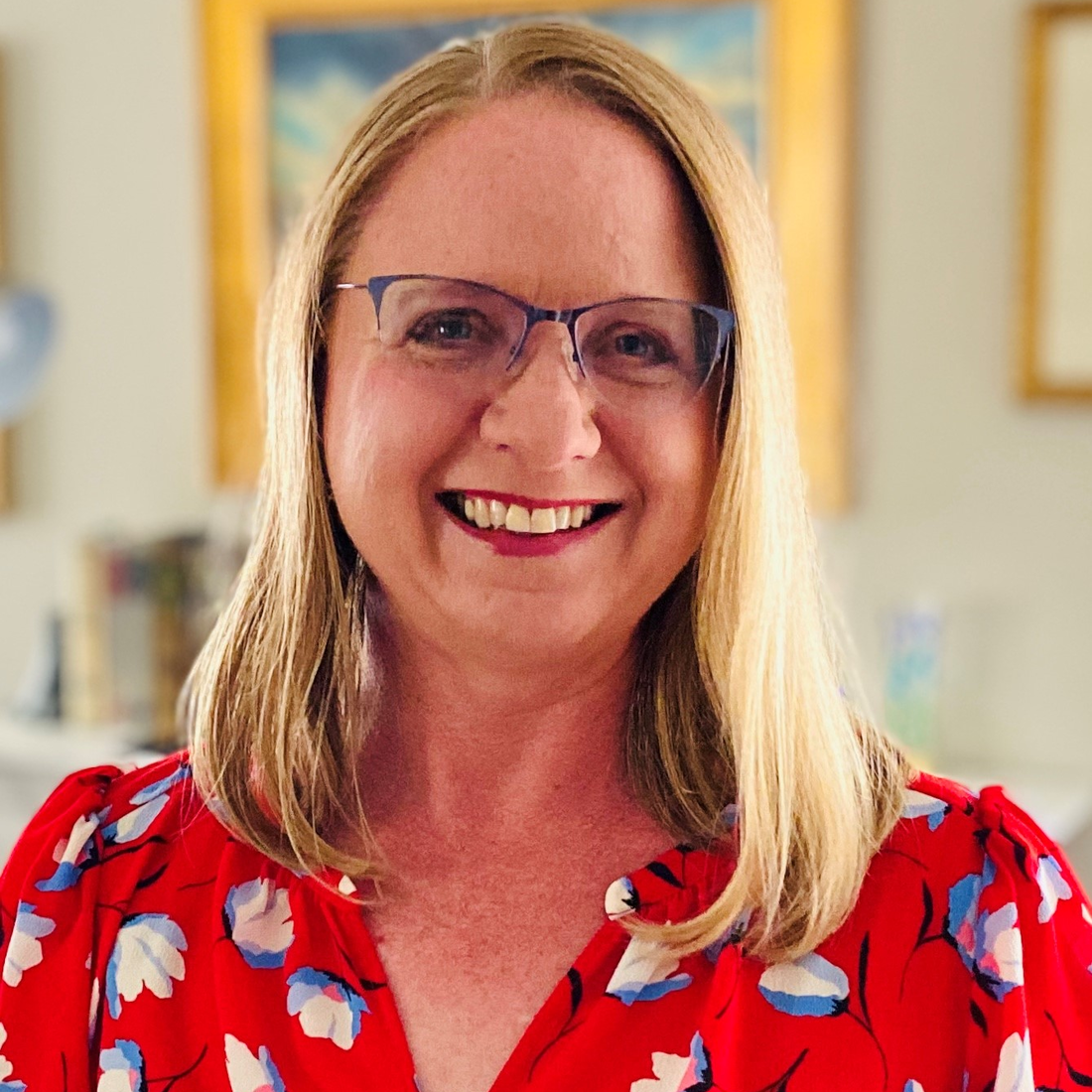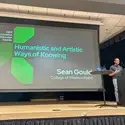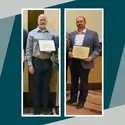Two distinguished professors in Idaho have the honor of being the inaugural recipients of a new fellowship program by the Idaho State Board of Education. One of them, Liza Long, is the Assistant Professor of English at the College of Western Idaho (CWI). The fellowship’s mission is to encourage partnership and increase comprehension of how generative artificial intelligence (AI) can be applied in higher education.
Known for her influence on generative AI in higher education both within Idaho and across the nation, Long has a wealth of knowledge in general education, faculty development, and teaching and writing.
The Board’s Generative AI in Higher Education program gifts each professor a $15,000 stipend. This funding empowers them to lead statewide on generative AI during the upcoming academic year. Besides attending relevant conferences and pursuing research on generative AI, the fellows will also deliver statewide professional development to peers. They will work together with Board staff to augment the Statewide Generative AI Alliance, a higher education network launched by the Office of the State Board of Education the previous year.
“We hear so much about generative AI and how it can be used to create various forms of content both authentic and fake,” Board President Dr. Linda Clark said. “It’s hard to imagine how this technology will affect higher education now and in future years.” The Generative AI in Higher Education fellowships are designed to generate better understanding and formulate Board policies to ensure ethical and beneficial use of this technology on Idaho’s college and campus universities.”
This initiative puts Idaho at the cutting edge of investigating and leveraging the potential of generative AI in higher education, while considering data privacy issues, access concerns, and practical applications.
Holding an Ed.D. in organizational leadership and a B.A. and M.A. in Classics, Long has taught English and humanities at the collegiate level for several years, driven by her belief in the transformative power of education.
Long said, “Creating the space where I can support students’ authentic learning and growth is one of the most important things I can do as an educator.”
In her role as an English instructor, Long brings a practical approach to teaching written communication, and is an advocate for incorporating AI as an additional tool. In her English 102 course, she encourages students to use the language of their major in their writing assignments. In this way, students not only get iterative practice in writing, but they are honing skills specific to their chosen field of study.
Over 35 higher education professionals from all eight Idaho public institutions applied for the fellowships.












